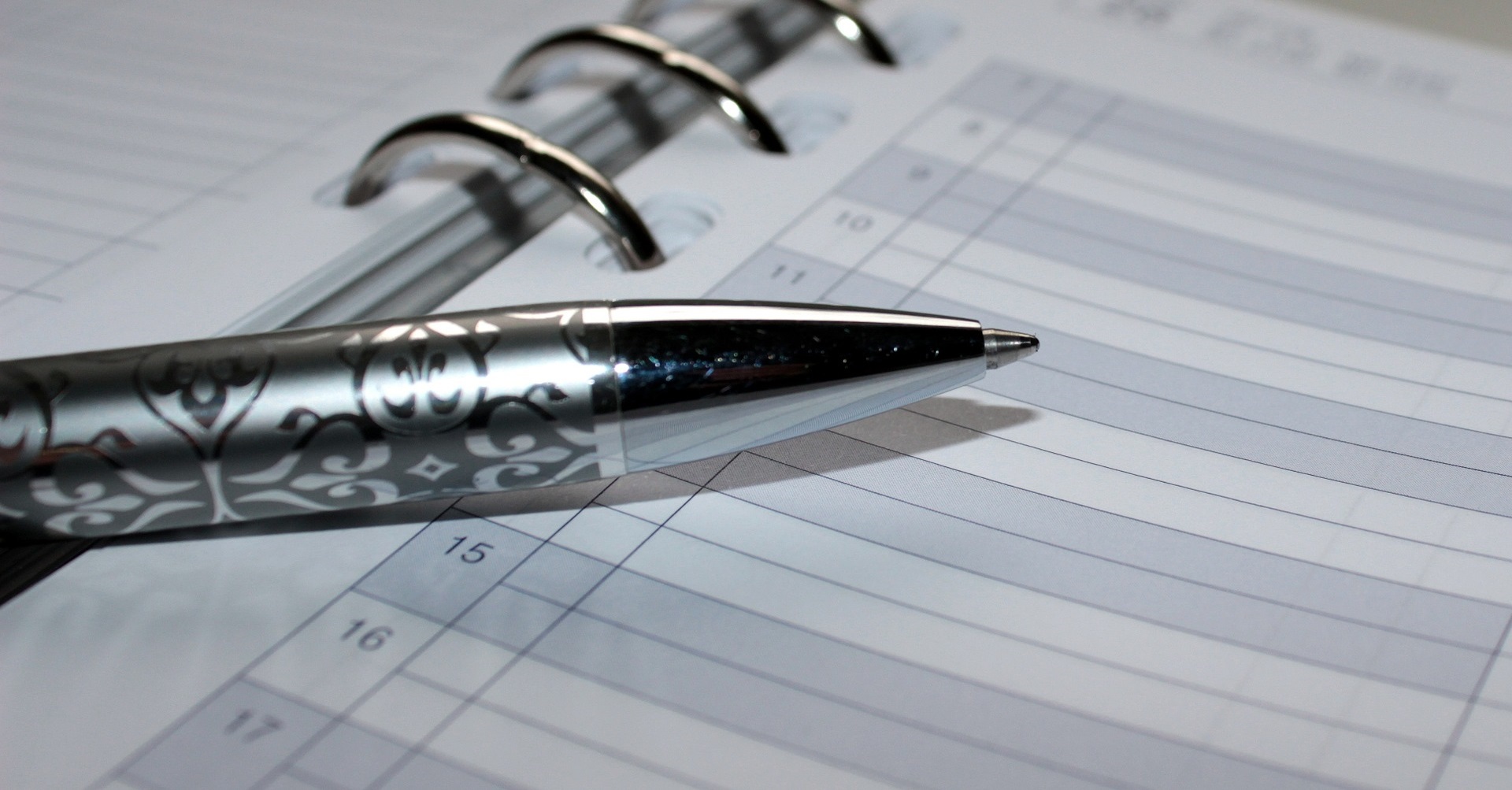Many people put them off until the end of the year, when they can ill afford them.
You can coast through your twenties and maybe even your thirties without worrying too much about medical checkups, but usually, by the time you hit the big “four-oh”, you’ll need to start scheduling them in regularly. Because of the costs and discomfort of some of the procedures, many people put them off until the end of the year, when they can ill afford them , or forget about them altogether. Don’t let this happen! Because your health is so important, we’ve put together a schedule of all the checkups that adult men and women should be having (even before they’re 40), so that you can put them into your calendar now!
Regular checkups for men and women
Blood glucose
What is it?
Diabetes, a disease in which your body fails to produce or efficiently use insulin, is diagnosed by assessing your glucose or blood sugar levels with a blood test or finger-prick test.
When to have it
After the age of 45, you should have your blood sugar screened every three years. However, if you have any of the risk factors, you should start screening at 35, and obviously if you have any symptoms, get checked straight away.
Who does it?
A doctor, clinic and some pharmacies can test your glucose with a simple finger prick.
What you need to know
There are other, more sensitive diagnostic tests if your blood sugar levels indicate you may have diabetes.
Blood pressure
What is it?
Blood pressure is, quite literally, the pressure of the blood in your circulatory system. It is tested with a simple, non-invasive pressure cuff.
When to have it
Every adult should have an annual blood pressure test.
Who does it?
Your doctor or a clinic can perform this test, as will most pharmacies.
Cholesterol
What is it?
A high level of LDL cholesterol in the blood increases your risk of heart disease. A simple finger prick will show your overall cholesterol levels, and if these are high, a fasting lipid blood panel will indicate your levels of total cholesterol, LDL (bad cholesterol), HDL (good Cholesterol) and triglycerides (blood fat).
When to have it
The finger prick test should be carried out every five years when you are over 20, and every year for men over 45 and women over 55.
Who does it?
Your doctor, a clinic and some pharmacies.
Dental checkup
What is it?
An assessment of your teeth to ensure that there are no cavities or gum infections. The checkup may include a panel of X-rays.
When to have it
Once or twice a year, depending on the general condition of your teeth.
Who does it?
A dentist.
Eye test
What is it?
A simple vision exam to test for near-sightedness, far-sightedness and astigmatism as well as any other vision-related eye problems.
When to have it
You should have your eyes tested every two years – but if you have no vision or eye problems, discuss the recommended frequency of checkups with your optometrist.
Who does it?
An optician, but some clinics and pharmacies offer basic eye tests.
Glaucoma screening
What is it?
A quick, painless test that screens for glaucoma, a disease in which the pressure in the eye builds up, damaging the optic nerve. If caught early, it’s highly treatable.
When to have it?
When you are 40, thereafter, every two years. From 60 an annual test is recommended.
Who does it?
Opticians and some optometrists.
You need to know…
A high-risk patient would be anyone with a family of glaucoma or suffering from diabetes or hypertension (high blood pressure).
Colorectal cancer screening
What is it?
Colorectal cancer is the third most common form of cancer, but if caught early, it is treatable, which is why screening is essential. Screening can include a colonoscopy, during which you are sedated, a barium enema or a stool sample.
When to have it?
At the age of 50, and then as recommended by your doctor.
Who does it?
Your doctor will send you to a radiographer for the procedure.
You need to know…
Consult your doctor about screening if you have blood in your stool, no matter your age.
Skin cancer screening
What is it?
A visual examination of any irregular marks on your skin to assess whether they could be cancerous. Some screening centres use a computerised scanning device to create a “mole map” to track any changes. Any suspicious moles will either be removed or biopsied for analysis.
When to have it
You should perform a skin self-examination once a month, and visit a doctor if you discover a mole that changes shape, colour or outline, or bleeds.
Who does it?
A GP or dermatologist.
Women’s checkups
Mammogram
What is it?
An x-ray of your breast, in which your breast is flattened between two plates, to check for developing breast cancer.
Who does it?
A specialised mammography clinic, and radiology departments in hospitals
How often? Every year if you’re over 40. Remember, you need to check your own breasts monthly for changes to the skin, the position of the nipple or the shape or size of the breast.
Pap smear
What is it?
Your doctor will use a special stick or brush to collect a few cells from your cervix and send them to a laboratory where they will be examined under a microscope, to determine whether there are any abnormal or potentially cancerous cells.
Who does it?
Your doctor, gynaecologist, local family planning clinic or women’s health clinic.
How often?
Once a year, starting when you are sexually active. If you’ve had three consecutive clear pap smears, you can discuss having the test once every two or three years with your doctor.
You should know
If you have a family history of cervical cancer or have a pap smear that shows signs of abnormal cervical cells, this puts you in a ‘high risk category.’
Bone mineral density (BMD)
What is it?
A special scan can get to find out your bone density, which determines how strong or fragile your bones are. Thin bones mean an increased risk of osteoporosis.
Who does it?
Your doctor will refer you to a radiology department.
How often?
Talk to your GP about having a BMD test , and they will let you know when and how often you should go based on your risk factors.
Men’s checkups
Prostate exam
What is it?
A doctor will check for prostate cancer with a digital rectal (finger) exam, and possibly a prostate specific antigen blood test, which is either a blood or a finger prick test.
When to have it
You will need to schedule prostate exams or tests based on your risk factors:
- Average risk men (i.e. those with none of the risk factors mentioned below): starting at 50
- Moderate risk men (African men or those with one close relative who has had prostate cancer: starting at 45
- High risk men (men with more than one close relative who has had prostate cancer) starting at 40.
- Tests should then be carried out every two years or more frequently as advised by your doctor.
Who does it?
Your family doctor can do both the digital exam and the blood test. You can visit a urologist if you have specific concerns. And CANSA screening centres around the country also offer these tests.
Testicular Cancer
What is it?
Men should carry out self-examinations for this type of cancer, and doctors should carry out a testicular exam when men have a routine physical.
When to have it
Men should examine their own testicles for changes, lumps or increases in size monthly. Men with a family risk of testicular cancer should speak to their doctors about additional screening.
Who does it?
It is a self-examination, but certain doctors perform the examination as a part of a routine health checkup for men.
The bottom line
This is a dizzying array of tests and checkups to contemplate, which is why it’s important to schedule and plan these procedures. It is best to speak to your doctor or healthcare provider about a schedule that works for you – you might find that you are off the hook for certain conditions or at higher risk for others. Then get your calendar and start diarizing…




